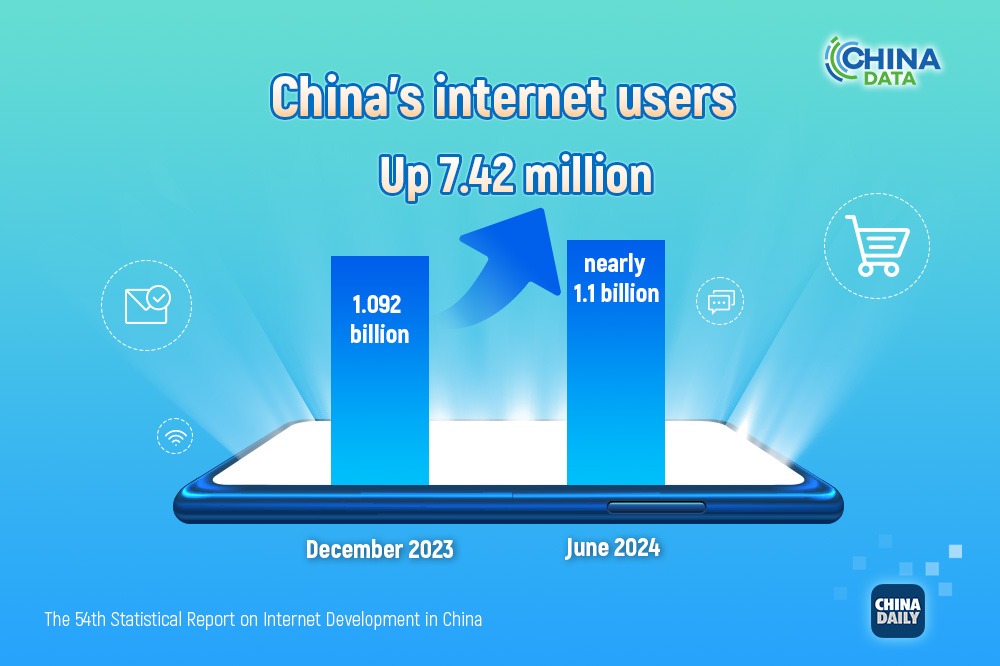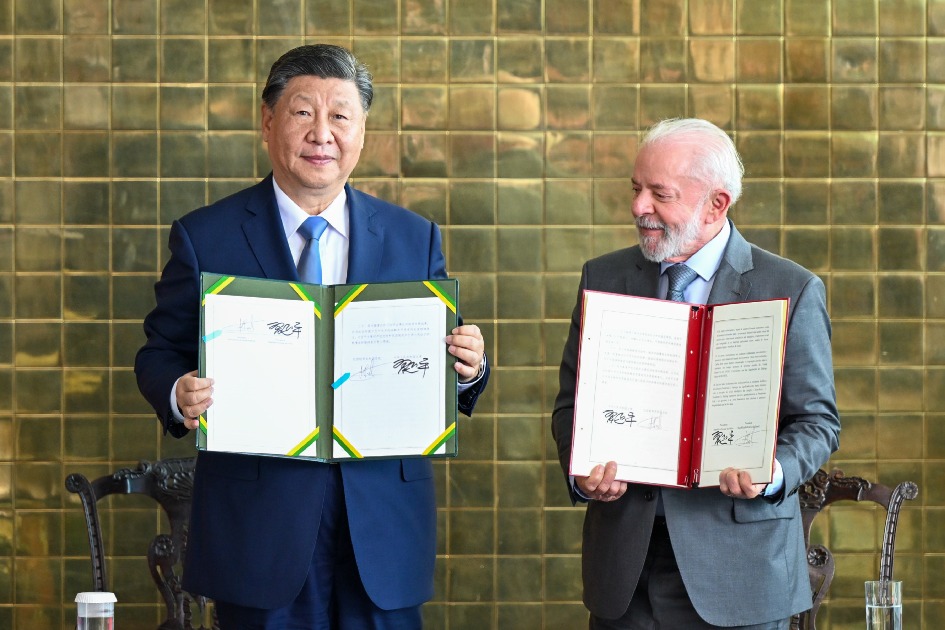US desperate to help its farmers
China Daily | Updated: 2019-08-19 06:47

THE US LEADER recently asked his Japanese counterpart Shinzo Abe to buy farm products worth $700 million, Kyodo News Agency reported last week, citing unidentified Japanese and US government sources. Beijing News comments:
The US leader has requested that Japan buy soybeans and wheat, adding that the request was separate from the framework of current trade talks between Washington and Tokyo. The Japanese government is considering its response and one proposal floated would be to purchase the farm products as food support for African countries, according to reports.
The Japanese people's anger over the "enforced deal" is understandable, as the US reportedly claimed the deal was to compensate US farmers for their loss as a result of the trade frictions instigated by the US administration.
Although sending the farm products as food support to Africa is not a bad idea, given its humanitarian implications, the Japanese government will have to pay hard cash for its compelled charity.
The farce has demonstrated how unfair the trade relations are between the US and Japan, and how anxious the US administration has become to help the farmers to find buyers after China targeted US agricultural products as a countermeasure to US tariffs.
In the first half of this year, China spent $71.84 billion buying agricultural products from overseas, up 3.5 percent year-on-year, while US agricultural exports have fallen 20 percent without any sign of recovering.
Brazil has replaced the US as China's largest source of soybeans and cotton, and soon the US will also be substituted by other countries as the main supplier of chicken and wheat to China, if the trade row continues.
Japan now has free trade agreements with the European Union and some trans-Pacific countries, such as Australia and Canada, and the US has lost its advantage in its trade with Japan, not only in soybeans and wheat-last year, US exports of pork to Japan declined by 35 percent.
Coercing Japan to buy US agricultural products will not be sustainable, and there is still a long way to go for the US administration to ease the anxiety of its farmers.
























